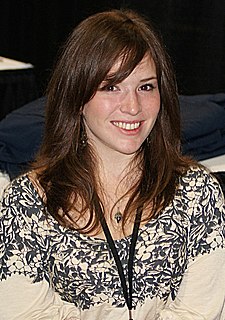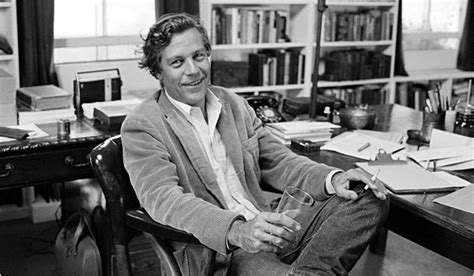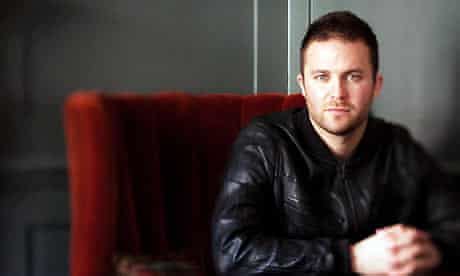A Quote by Kate Beaton
Good writing is writing and rewriting and rewriting and rewriting. Sometimes, it happens to work right away, and that's amazing. But most of the time, it happens to work, and then you rewrite and rewrite and rewrite, and maybe it even comes back to the thing it was in the first place, but then you know for sure that it is good, and it's what you wanted to do.
Related Quotes
That is as true for fiction or non-fiction. The writer has to really know their subject. It is really important to remember that the readers are a lot smarter than the writer. Also, good writing has to do with rewriting. You will never get it right the first time. So you rewrite and rewrite again until you get it right. Until you, and the reader, will be able to visualize what you're writing about.
My writing process is very feedback based - I listen to the audience. I try to understand what's connecting, what's not connecting... and then rewrite, and rewrite, and rewrite. Chris Gethard and I have been on the road a lot together. When we get on the bus at night, we talk about the jokes that didn't work and the joke possibilities that could work. I think this is a little different from other writers.
There were guys in 'The State' who would take one script and rewrite it and rewrite it and rewrite it and fight for it for a whole season, and after a couple of seasons, you realized that doesn't work. You have to just be willing to throw something away, no matter how good it is, and write a better joke.
My books are based on the "what if" principle. "What if you became invisible?" or "What if you did change into your mother for one day?" I then take it from there. Each book takes several months in the long process of writing, rewriting, writing, rewriting, and each has its own set of problems. The one thing I dislike about the writing process is the sometimes-loneliness of it all. Readers only get to see the glamour part of a bound book, not some of the agonizing moments one has while constructing it.
I get enjoyment out of writing, but I get absolutely no enjoyment out of rewriting, so I don't do much of it. The more you work on something, certainly, the better it gets. But there's also a pretty clear law of diminishing returns. It drives me crazy to do readings of my books, because if I read anything I've written in the past, I'd like to almost rewrite everything.







































